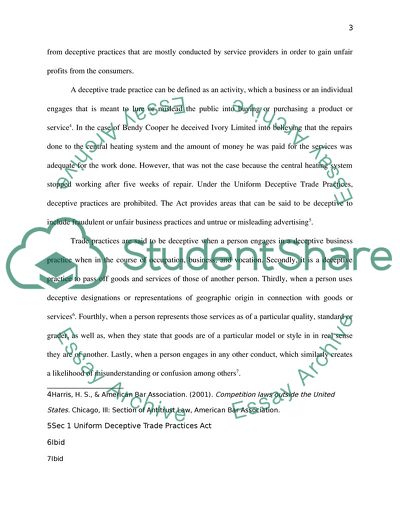Cite this document
(Consumer Law Case Study Example | Topics and Well Written Essays - 2250 words, n.d.)
Consumer Law Case Study Example | Topics and Well Written Essays - 2250 words. https://studentshare.org/law/1856238-consumer-law
Consumer Law Case Study Example | Topics and Well Written Essays - 2250 words. https://studentshare.org/law/1856238-consumer-law
(Consumer Law Case Study Example | Topics and Well Written Essays - 2250 Words)
Consumer Law Case Study Example | Topics and Well Written Essays - 2250 Words. https://studentshare.org/law/1856238-consumer-law.
Consumer Law Case Study Example | Topics and Well Written Essays - 2250 Words. https://studentshare.org/law/1856238-consumer-law.
“Consumer Law Case Study Example | Topics and Well Written Essays - 2250 Words”. https://studentshare.org/law/1856238-consumer-law.


